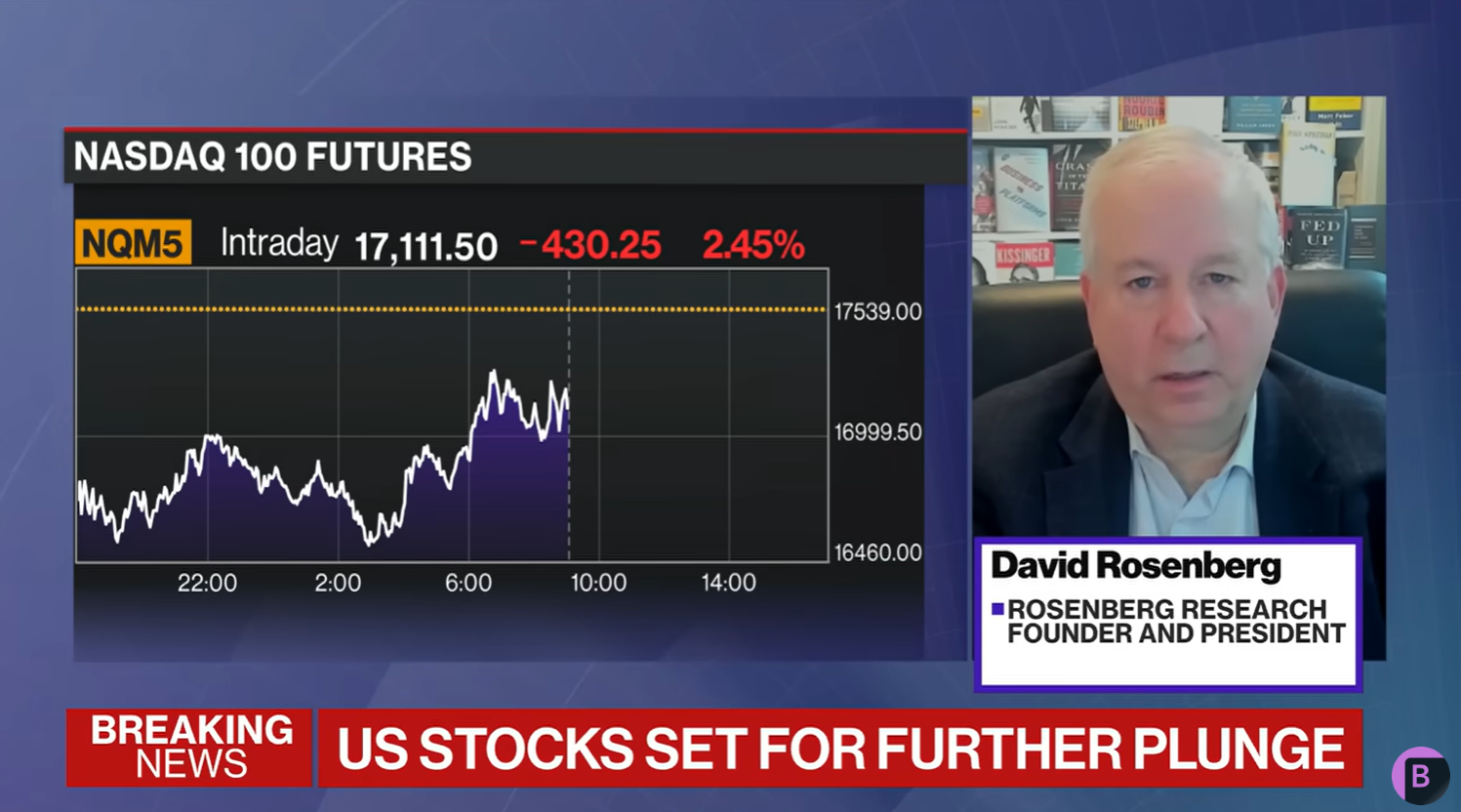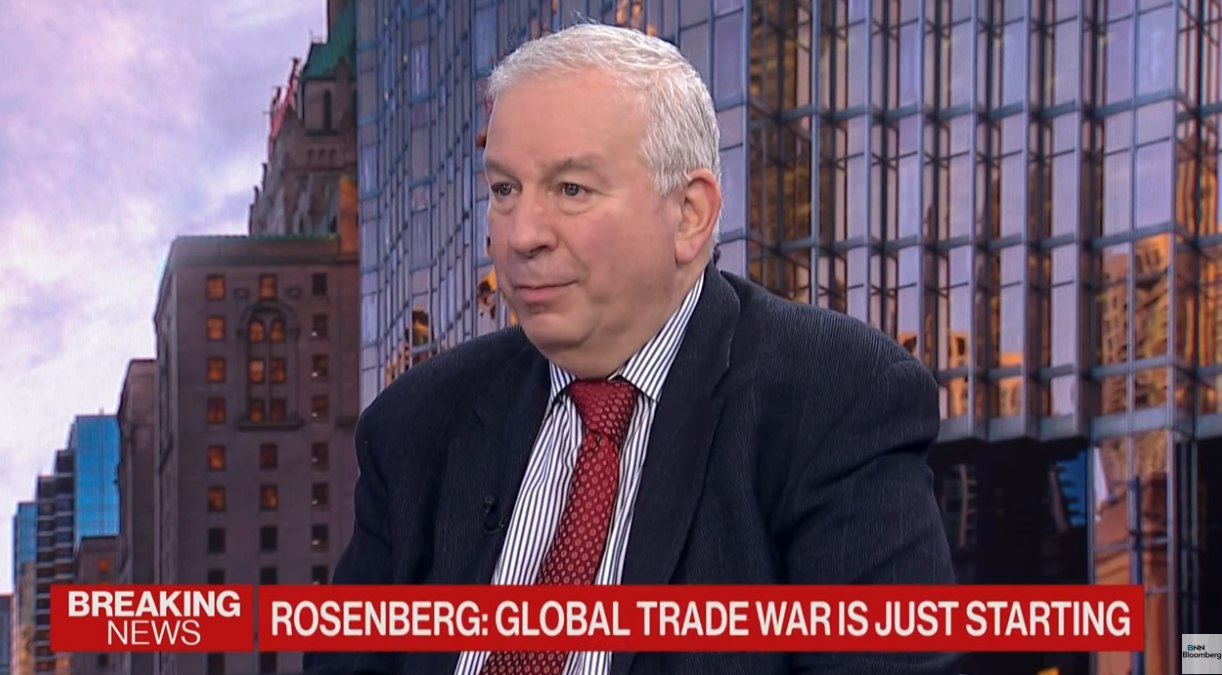
Improving Investment Outcomes with Analysts Insights
February 20, 2025
In a world of constant economic shifts, achieving successful investment outcomes is no small feat. Market volatility, emerging global trends, and unforeseen disruptions can significantly affect portfolios. To navigate this intricate landscape, businesses and investors increasingly turn to analysts for insights that can transform raw data into actionable strategies.
Investment analysts serve as essential partners, leveraging their expertise in economic trends, market behavior, and data analysis to guide smarter decisions and improve financial results.
This blog explores how leveraging analysts’ insights can enhance investment outcomes, offering a roadmap for building resilient, profitable strategies in a rapidly changing financial world.
The Role of Analysts in Investment Success
Investment analysts are more than just number-crunchers; they are strategic advisors who connect the dots between macroeconomic data, industry trends, and individual investment goals. Their role encompasses analyzing complex datasets, monitoring global and local market trends, and forecasting future developments that impact portfolios.
Decoding Macroeconomic Trends
One of the key responsibilities of investment analysts is deciphering macroeconomic trends. By examining indicators like GDP growth, inflation rates, and employment statistics, they provide insights into how economic conditions affect specific industries or asset classes.
For instance, during periods of rising inflation, analysts might recommend shifting investments toward sectors historically known for performing well under such conditions, like commodities or real estate.
Assessing Risk and Opportunity
Risk assessment is a cornerstone of an analyst’s work. By identifying potential risks and weighing them against opportunities, analysts enable investors to make balanced, informed decisions. For example, if geopolitical tensions are likely to disrupt supply chains in specific regions, an analyst might advise diversifying into alternative markets or industries less impacted by such risks.
Related Article: Navigating Global Economies with Macroeconomic Analysts
How Analysts Improve Investment Outcomes
Investment analysts influence outcomes in several impactful ways. Their insights not only enhance decision-making but also optimize portfolio performance over time.
Data-Driven Decision Making
Analysts rely on data-driven methodologies to deliver insights that minimize guesswork. By analyzing historical data and real-time metrics, they help investors identify trends early, ensuring strategic moves are grounded in evidence rather than speculation. This approach is especially vital during volatile market conditions, where informed decisions can mean the difference between profit and loss.
Portfolio Diversification Strategies
Diversification is a key tenet of risk management, and analysts play a critical role in designing diversified portfolios. By evaluating asset performance across industries and geographies, they identify combinations that maximize returns while reducing exposure to volatility. For example, an analyst may recommend balancing equity investments with bonds or exploring emerging markets alongside established economies.
Navigating Market Volatility
During turbulent times, the guidance of an investment analyst becomes even more critical. Analysts monitor shifts in market sentiment, track government policy changes, and forecast potential disruptions, enabling investors to stay ahead of market movements. Whether it’s predicting the impact of an interest rate hike or assessing the fallout of geopolitical tensions, analysts equip investors with strategies to navigate uncertainty.
Key Areas Where Analysts Add Value
The insights provided by investment analysts extend across various domains, each contributing to improved outcomes for investors.
Industry-Specific Analysis
Analysts often specialize in particular industries, offering deep insights into sector-specific trends. For instance, in the technology sector, analysts might evaluate the potential impact of emerging innovations like artificial intelligence or renewable energy on company valuations. This level of detail allows investors to make targeted decisions aligned with specific market dynamics.
Behavioral Analysis of Market Participants
Understanding the behavior of market participants is an often-overlooked but critical aspect of investing. Analysts study patterns in investor sentiment, consumer behavior, and institutional trading to anticipate market movements. For example, a surge in retail investor activity might signal short-term market overvaluation, prompting analysts to advise caution.
Predicting Long-Term Trends
While many investors focus on short-term gains, analysts provide a broader perspective by identifying long-term trends that shape markets over decades. These might include demographic shifts, technological disruptions, or climate change impacts. By incorporating these macro trends into investment strategies, analysts help investors position themselves for sustained growth.
Real-World Applications of Analysts’ Insights
The practical applications of analysts’ insights are vast and varied, directly contributing to improved investment outcomes.
Adapting to Global Supply Chain Disruptions
During the COVID-19 pandemic, supply chain disruptions significantly impacted global trade. Companies reliant on just-in-time inventory systems faced severe bottlenecks. Investment analysts who monitored these developments early advised their clients to shift their focus toward industries less reliant on complex supply chains, such as digital services and renewable energy.
These recommendations allowed investors to avoid significant losses and capitalize on emerging opportunities.
Investing in Renewable Energy
As the world transitions toward sustainability, the renewable energy sector has seen exponential growth. Analysts tracking policy changes, such as government incentives for clean energy adoption, identified this trend early. Investors who acted on this advice reaped substantial returns as stocks in solar, wind, and electric vehicle companies surged.
Tools and Technologies Used by Investment Analysts
Modern analysts leverage advanced tools and technologies to deliver precise, actionable insights.
Predictive Analytics
Predictive analytics tools use historical data to forecast future trends. For instance, machine learning algorithms can analyze patterns in stock prices, providing insights into potential future movements.
Scenario Planning Software
Scenario planning software allows analysts to model potential market conditions, helping investors prepare for a range of outcomes. For example, these tools can simulate the impact of various policy changes on investment portfolios.
Building a Strong Partnership with Analysts
To fully benefit from analysts’ insights, it’s essential to establish a strong, collaborative relationship.
Clear Communication of Goals
Investors must articulate their financial objectives, risk tolerance, and time horizons clearly. This transparency allows analysts to tailor their recommendations effectively.
Regular Performance Reviews
Ongoing communication is key to adapting strategies as market conditions evolve. Scheduling regular reviews ensures that investment plans remain aligned with goals and market realities.
Trust and Collaboration
Building trust with analysts fosters open communication, enabling investors to gain deeper insights into their strategies. A collaborative approach ensures that both parties work toward shared objectives.
The Future of Investment Analysis
The field of investment analysis is constantly evolving, driven by advancements in technology and shifting market dynamics.
The Rise of AI and Automation
Artificial intelligence is transforming how analysts process and interpret data. Tools powered by AI can analyze vast datasets in seconds, uncovering trends and correlations that would be impossible to detect manually.
Increased Focus on ESG Factors
Environmental, Social, and Governance (ESG) considerations are becoming integral to investment analysis. Analysts are increasingly evaluating companies based on their sustainability practices and societal impact, reflecting investor demand for responsible investing.
Global Connectivity
As markets become more interconnected, analysts are expanding their focus to include global trends and their local implications. This broader perspective is essential for navigating today’s complex investment landscape.
Partner with Experts for Improved Investment Outcomes
Achieving superior investment outcomes requires a combination of expertise, data-driven strategies, and foresight. Investment analysts provide all these elements, empowering businesses and individual investors to make informed decisions that align with their goals.
At Rosenberg Research, our team of experts is dedicated to delivering actionable insights that drive results. Whether you’re navigating market volatility or positioning yourself for long-term growth, our tailored strategies are designed to meet your unique needs.
Start your free trial today or call us at 416-583-5566 to discover how our expertise can transform your investment strategy.
Rosenberg Research ©2025 All Rights are Reserved



